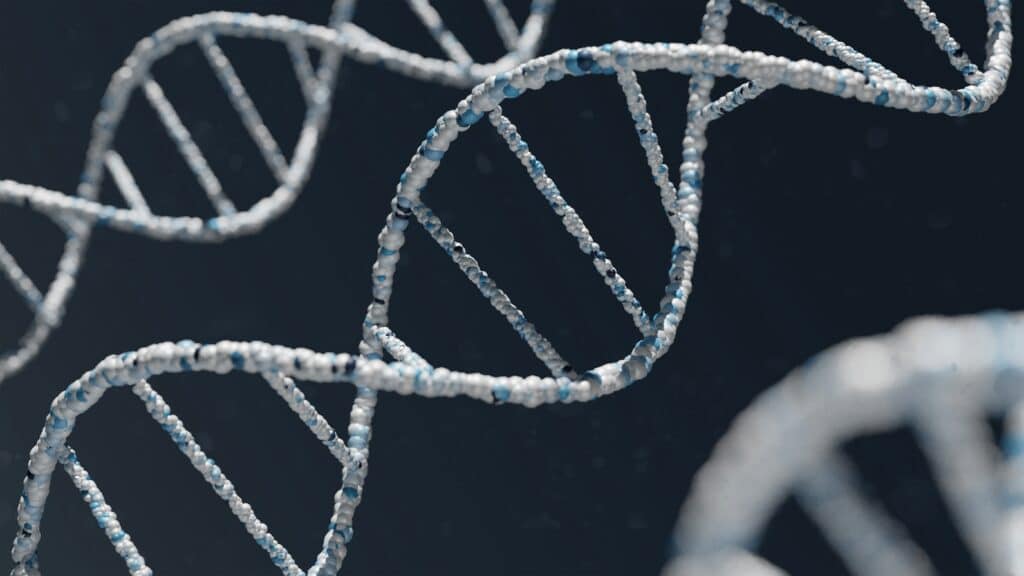
Bioinformatics Certificate
The Bioinformatics certificates gives you a foundation in the computational and analytical skills needed to work at the intersection of biology, statistics, and computer science. Designed for students from a wide range of academic backgrounds, this certificate helps you build key skills in math, computing, and biology that are valuable for graduate study or careers in research, industry, or government.
Certificate Overview
The Bioinformatics Certificate is designed to help you build a foundation in bioinformatics, a multidisciplinary field that combines biology, computer science, and information technology to analyze and interpret biological data. This interdisciplinary program integrates coursework from biology, computer science, mathematics, and statistics, providing you with a foundation for careers in biotechnology, medicine, environmental science, and academic research.
Gain both theoretical knowledge and hands-on skills through a cutting-edge curriculum that emphasizes real-world experience and culminates in a capstone project where you will apply what you’ve learned. Whether students plan to pursue graduate study or enter industry, this minor enhances their academic profile and prepares them to work at the forefront of life sciences and data analysis.


Why Bioinformatics?
Career Readiness
Bioinformatics is an in-demand area across research, biotech, and pharmaceutical industries, among others. Gain the skills and knowledge to make an immediate impact in the workforce.
Hands-On Experience
CECS partners with industry professionals to ensure students receive hands-on opportunities through paid, for-credit internships, co-ops, research, and capstones to prepare them for workforce entry.
Innovative Curriculum
With bioinformatics ever-evolving, CECS is dedicated to remaining on the forefront of technology, ensuring graduates enter the workforce with the most current knowledge.
What can you do with a Bioinformatics Certificate?
Here are just a few careers that can benefit from this certificate.
Bioinformatics Analyst
Analyzes biological data using computational tools. Works with genomic and proteomic data to derive insights.
Computational Biologist
Uses algorithms and models to understand biological processes. Often involved in research and drug discovery.
Genomics Technician
Prepares and analyzes genomic data from sequencing technologies. Supports research in genetics and personalized medicine.
Research Scientist
Conducts experiments and studies in genetics, microbiology, or other fields. Utilizes bioinformatics tools for data analysis.
Featured Courses
With a growing demand for data-driven healthcare solutions, this certificate prepares students for various roles.
BINF 201
Introduction to Bioinformatics
This course introduces students to fundamental bioinformatics concepts, tools, and resources. Hands-on experience with web-based databases, version control (Git), and Unix command-line applications will prepare students for advanced computational work. Open to all students, no prior programming experience is required.
BINF 202
Bioinformatics Programming
Focusing on problem-solving in bioinformatics, this course teaches students how to break down complex problems and implement solutions using R and Python. Through domain-specific projects and labs, students will apply computational methods to analyze biological data and solve real-world challenges.

Admissions and Aid
Learn more about admissions and aid by visiting the links below.

Request Information
Interested in learning more? Contact us!
Questions? We’re here to help.
If you have questions about the Applied Artificial Intelligence Certificate or navigating the application process, contact us.

